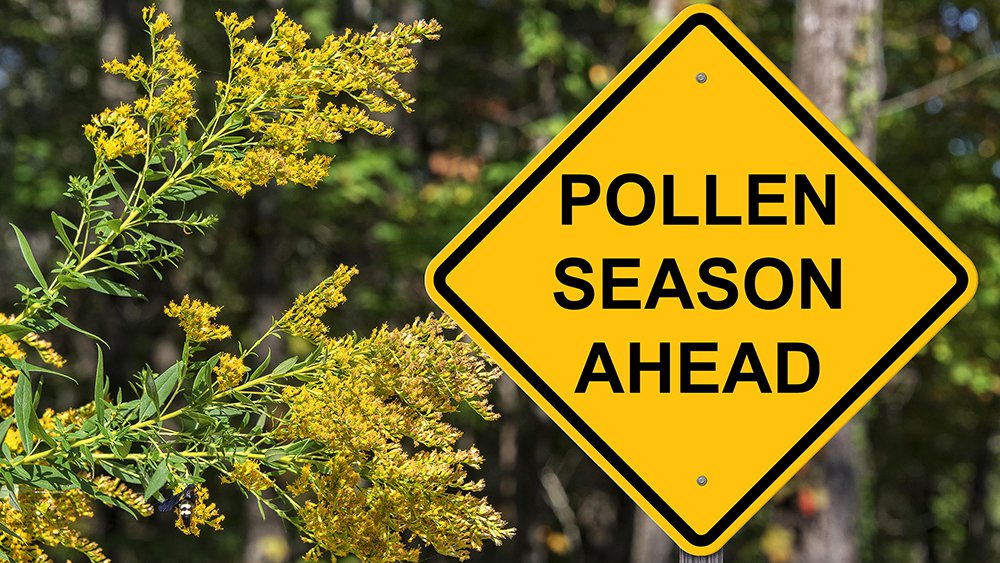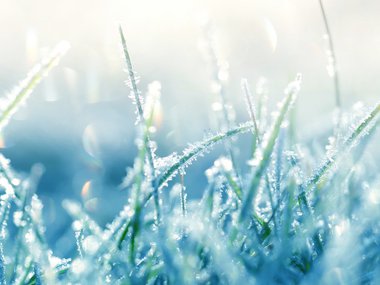Question Your World: Are You Feeling Springtime Allergies Earlier This Year?
As the world continues to combat the pandemic, everyone is paying a lot of attention to symptoms like a runny nose and watery eyes. Be sure to pay attention to why you’re having those symptoms, though, because it could very well be from something in the air. No, not a virus, but the annual release of springtime pollen! Are you feeling springtime allergies earlier this year?
It’s that time of year again: watery eyes, runny noses, scratchy voices. Just like last year, many people may think they are experiencing COVID-19 symptoms, but really it’s just allergy season!
Since 2017 we’ve explored how local climate changes are making our pollen season experiences worse. Now, more published research is confirming what we’ve previously reported. So, what’s going on with our lengthening, strengthening, and earlier pollen season?
The first study finds the human fingerprint of climate change on longer and stronger allergy seasons. Using cutting edge computer simulations on pollen season changes in North America, the researchers found that human-caused climate change is the dominant reason our pollen season has been changing since 1990.

Image credit: Getty Images
Another study looked at how pollen season is expanding into new locations. As the planet warms up, the natural process of the wind carrying pollen changes as well. Climate change is allowing flowering plants to start their pollen release earlier in the spring, and wind patterns are now carrying that pollen into areas that previously wouldn’t have experienced pollen at that time of year. This means new populations are having to deal with allergy-related health implications for the first time!
Both of these studies indicate that human-caused climate change’s impacts on pollen season means we’re getting longer, stronger, and earlier allergy season – for both local and far-away pollen trends!
We’ve been following all things pollen in Richmond, VA, too! Richmond’s tree pollen peak day has shifted earlier into the spring by more than a week since 1988, and the amount of pollen in the air on that day has increased by almost 25%!
Understanding our pollen season helps us plan when we should be replacing our HVAC air filters, buying allergy medications, and adjusting outdoor time according to health! After all, not planning around you seasonal allergies could make life pretty a-pollen.
More Pollen Science
Need more pollen in your life? Really?! Okay, well we can at least provide some pollen science.
- How much ragweed pollen goes around during pollen season? How far can it travel? The short answer is a lot and very far. Check out how billions of grams of pollens commute hundreds of miles by checking out our ragweed pollen blog.
- Allergy medicine makes a pretty big difference in the lives of millions of people, but how does it work? We’ve explored the world of histamines and blood flow in our allergy medicine blog!
- Are you feeling those springtime sniffles? Are you noticing a beautiful new color coating your car? Wait ... you don’t think it’s beautiful?! Okay, fair point. Regardless, if you’re looking for information on an earlier pollen season, here’s what we shared in 2018 and the trends are still continuing!


